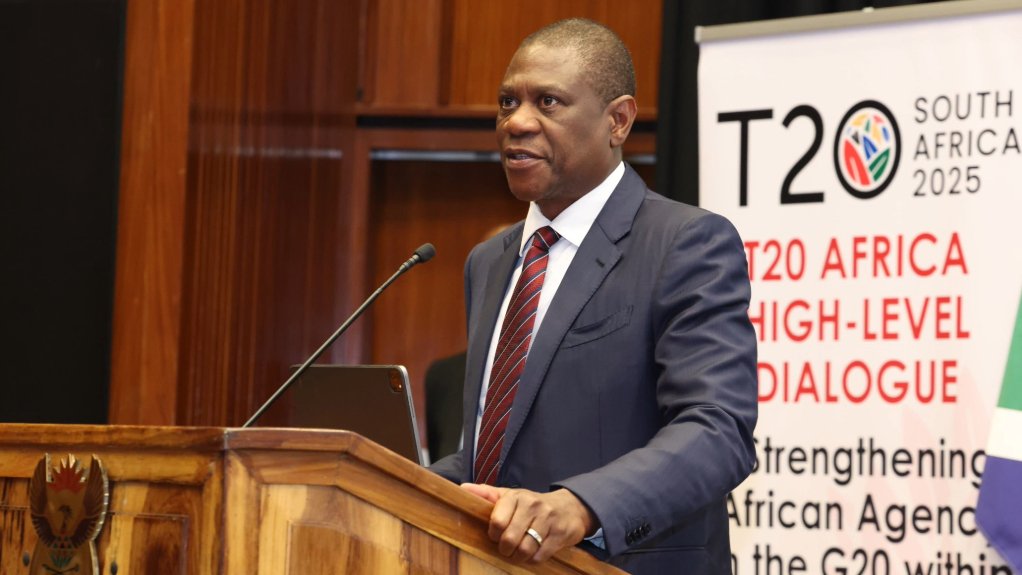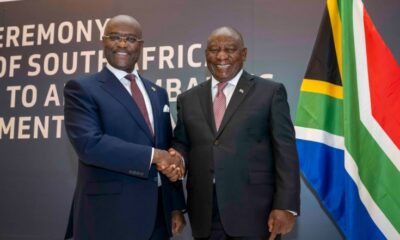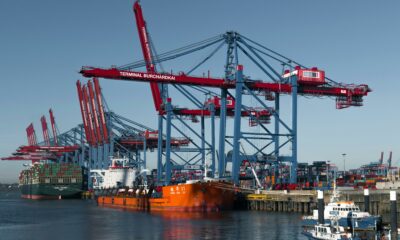Business
Mashatile Warns Job Losses Could Rise as Trump Tariffs and Global Trade Barriers Threaten SA Economy

South Africa may be heading into deeper economic waters. Deputy President Paul Mashatile has raised alarm over growing global trade tensions, warning that new international tariffs and slowing global growth could hit the country’s already fragile economy—hard.
His comments come in the wake of US President Donald Trump’s latest move to impose what he calls “reciprocal tariffs” on several trading partners, including South Africa. Although implementation has been delayed for three months in South Africa’s case, industry experts say the damage could already be done.
Speaking on Workers’ Day at Curries Fountain in Durban, Mashatile told COSATU-aligned workers that the rise in global trade barriers could translate into massive local retrenchments and job losses.
“The global economy is experiencing an increase in trade barriers and a decrease in growth projections,” Mashatile said. “These developments will impact our economy and will lead to retrenchments and job losses.”
Mashatile also pointed out that this tougher external environment will make it even more difficult for South Africa to tackle its long-standing economic and social challenges—chief among them, high unemployment.
According to Statistics South Africa, the country’s unemployment rate sits at a troubling 31.9%, and many fear that if these tariffs take full effect, that figure could rise.
One sector already feeling the pressure is agriculture. South African table grape producers have voiced serious concerns about a proposed 31% US tariff on their exports, warning it could cripple the industry, wipe out thousands of jobs, and make South African produce uncompetitive in global markets.
Unions, business chambers, and farmers are calling for urgent engagement with the US to find a resolution before the tariffs come into force. Many are also urging the Government of National Unity to act swiftly to protect key exports and cushion the local economy from external shocks.
While the three-month pause offers a temporary reprieve, the threat remains real. With global growth slowing and protectionist trade policies spreading, South Africa finds itself in a precarious position—needing to balance diplomacy, domestic economic protection, and job security.
For Mashatile and the broader GNU leadership, the message is clear: South Africa must brace for economic turbulence, and every effort must be made to shield workers and industries from the fallout.
{Source: IOL}
Follow Joburg ETC on Facebook, Twitter , TikTok and Instagram
For more News in Johannesburg, visit joburgetc.com


























